10 GPTs for Revision Tool Powered by AI for Free of 2026
AI GPTs for Revision Tool are advanced artificial intelligence models specifically tailored to assist in the process of revising and improving written content. These tools leverage Generative Pre-trained Transformers (GPTs) to analyze text for a variety of factors such as grammar, style, coherence, and more. Designed to cater to a broad spectrum of revision needs, they provide personalized feedback, making them invaluable assets in enhancing the quality of writing. Their relevance lies in their ability to adapt to specific tasks and topics within the revision domain, offering precise, context-aware suggestions.
Top 10 GPTs for Revision Tool are: Flashcards Maker,IB Biology Report (IA) Assistant,A Level Economics Helper,Flashcard Maker,课堂笔记简化者,UPSC Mains GS PYQs,UPSC History MCQs,Edexcel A Level Physics Guide,Essay Mentor,Classmate Notes
Flashcards Maker
Master Learning with AI-Powered Flashcards

IB Biology Report (IA) Assistant
Elevate Your Biology IA with AI-Powered Insights
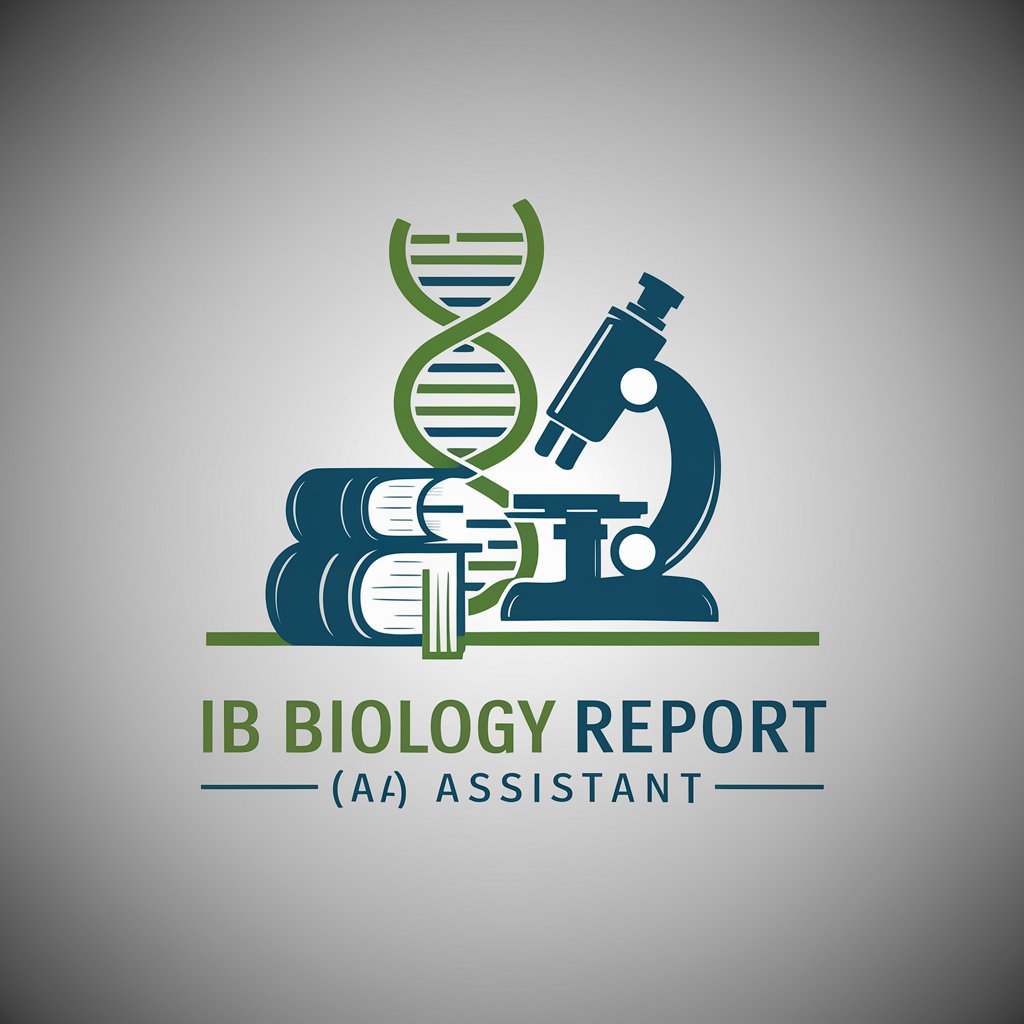
A Level Economics Helper
Master Economics with AI

Flashcard Maker
Turn Notes into Knowledge with AI
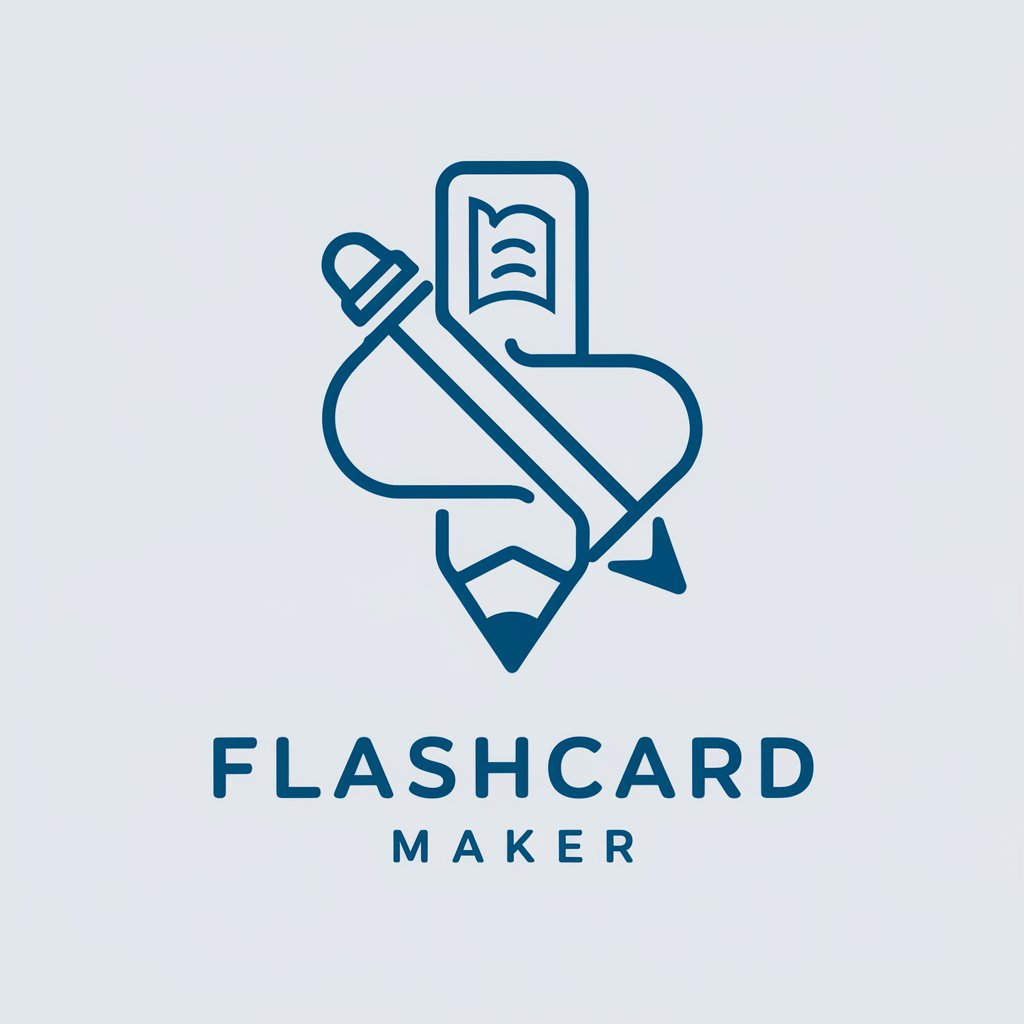
课堂笔记简化者
Simplify learning with AI-powered summaries
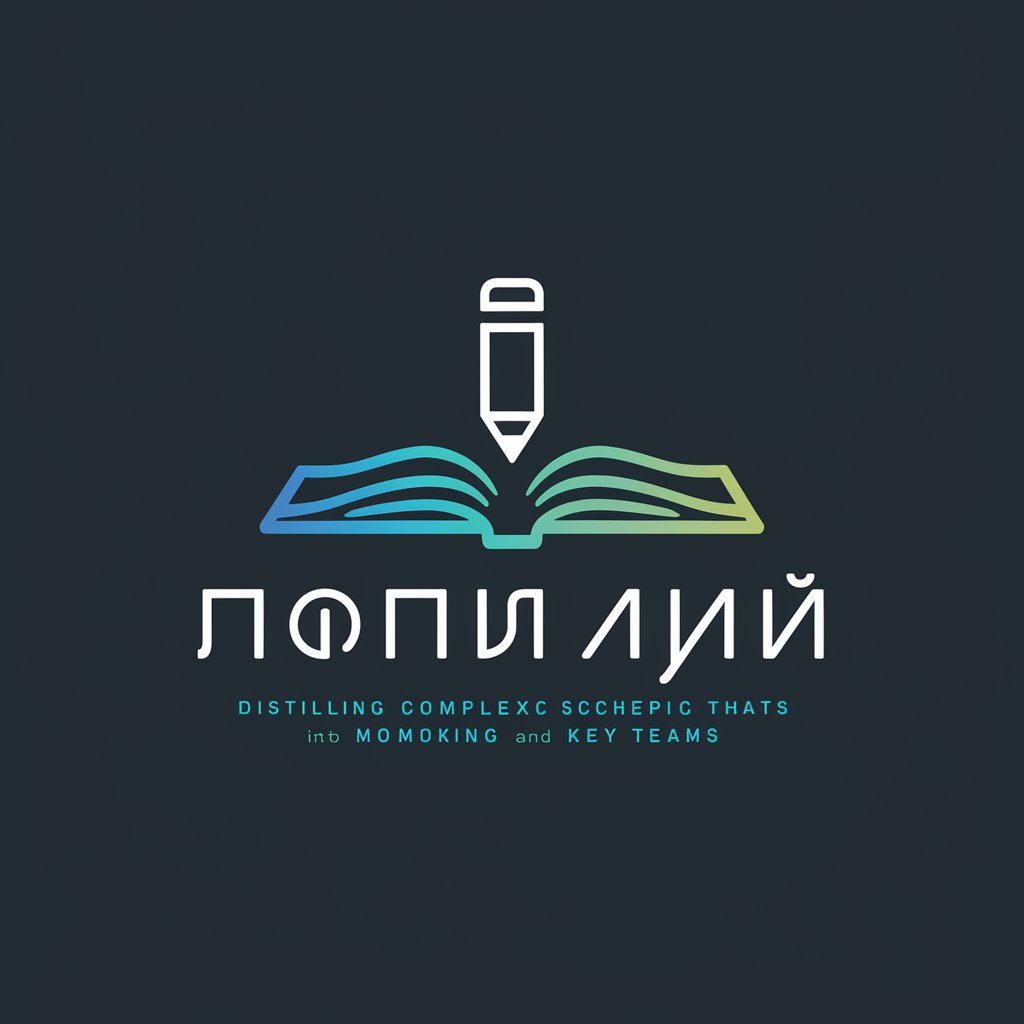
UPSC Mains GS PYQs
Master UPSC with AI-powered insights
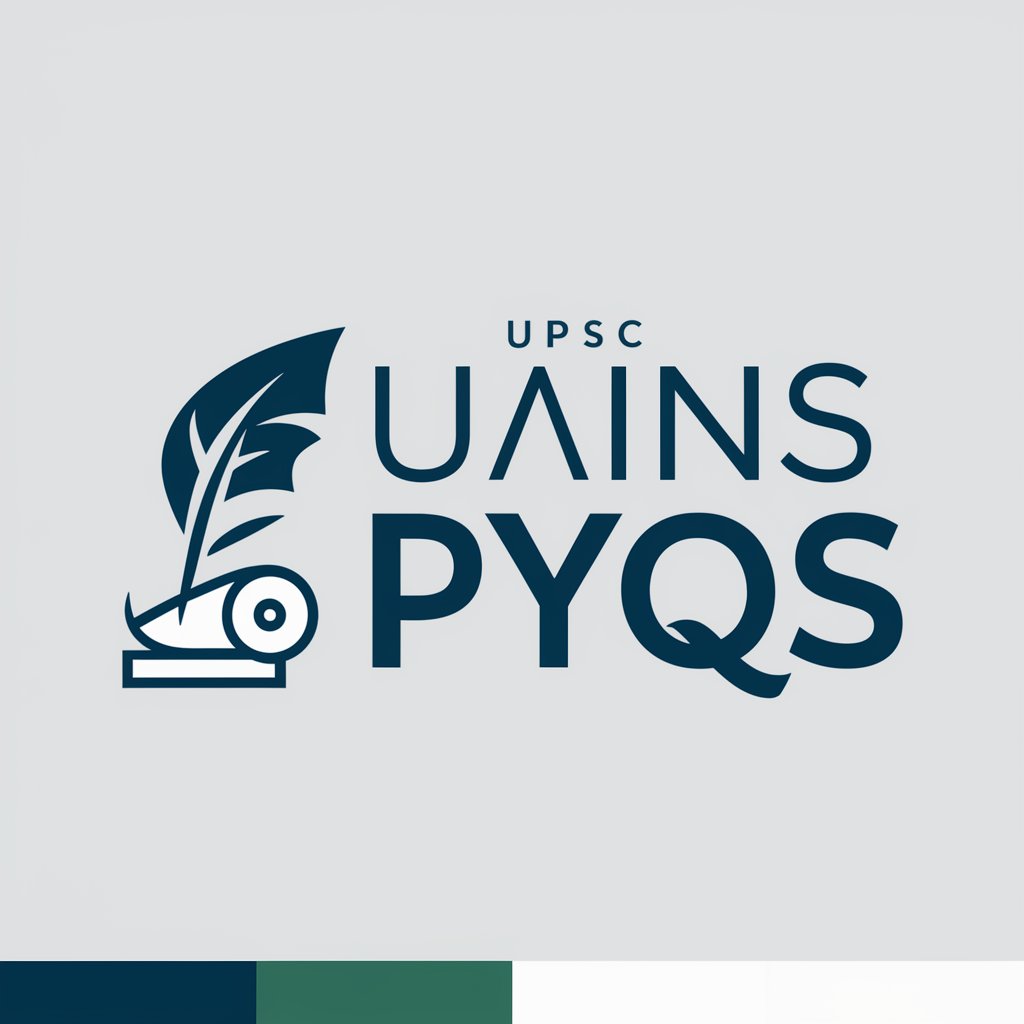
UPSC History MCQs
Master history with AI-powered MCQs.

Edexcel A Level Physics Guide
Master Physics with AI Assistance
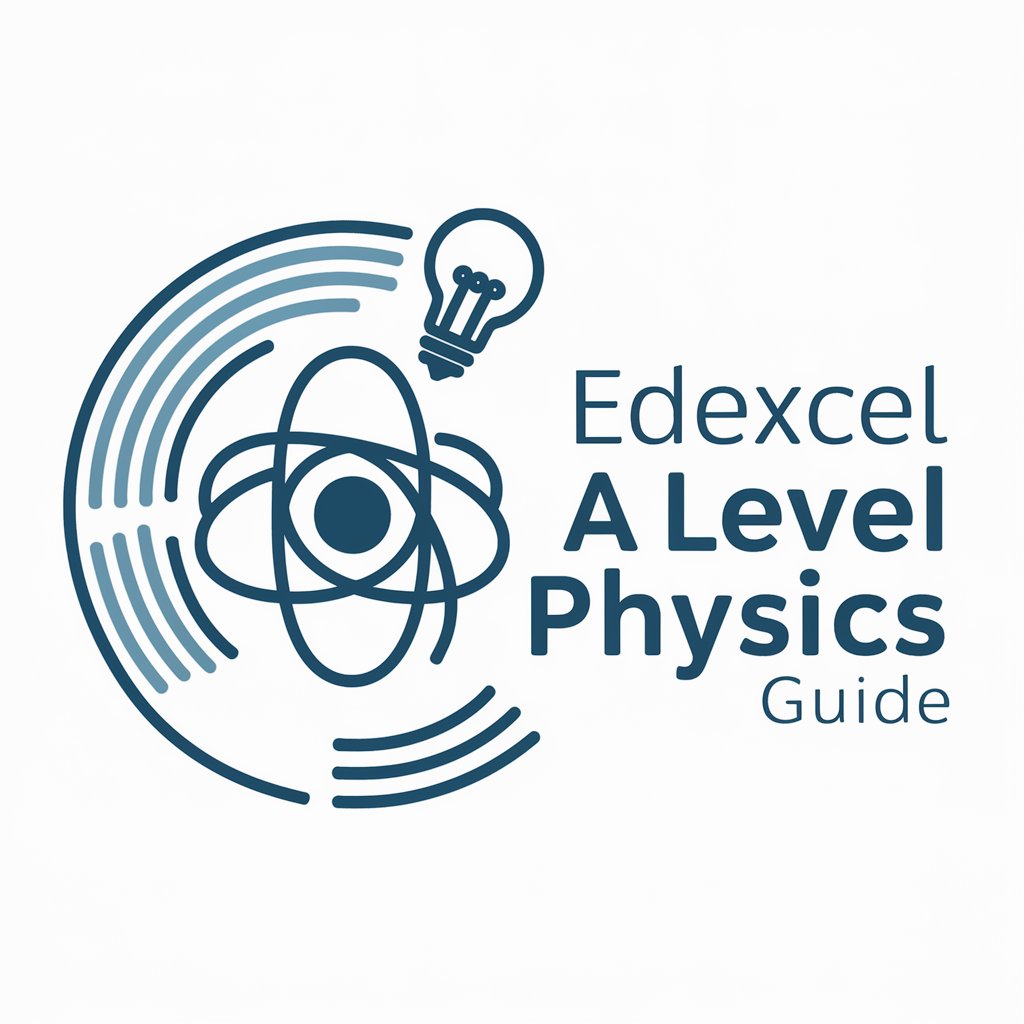
Essay Mentor
Revolutionize Your Writing with AI-Powered Essay Mentor
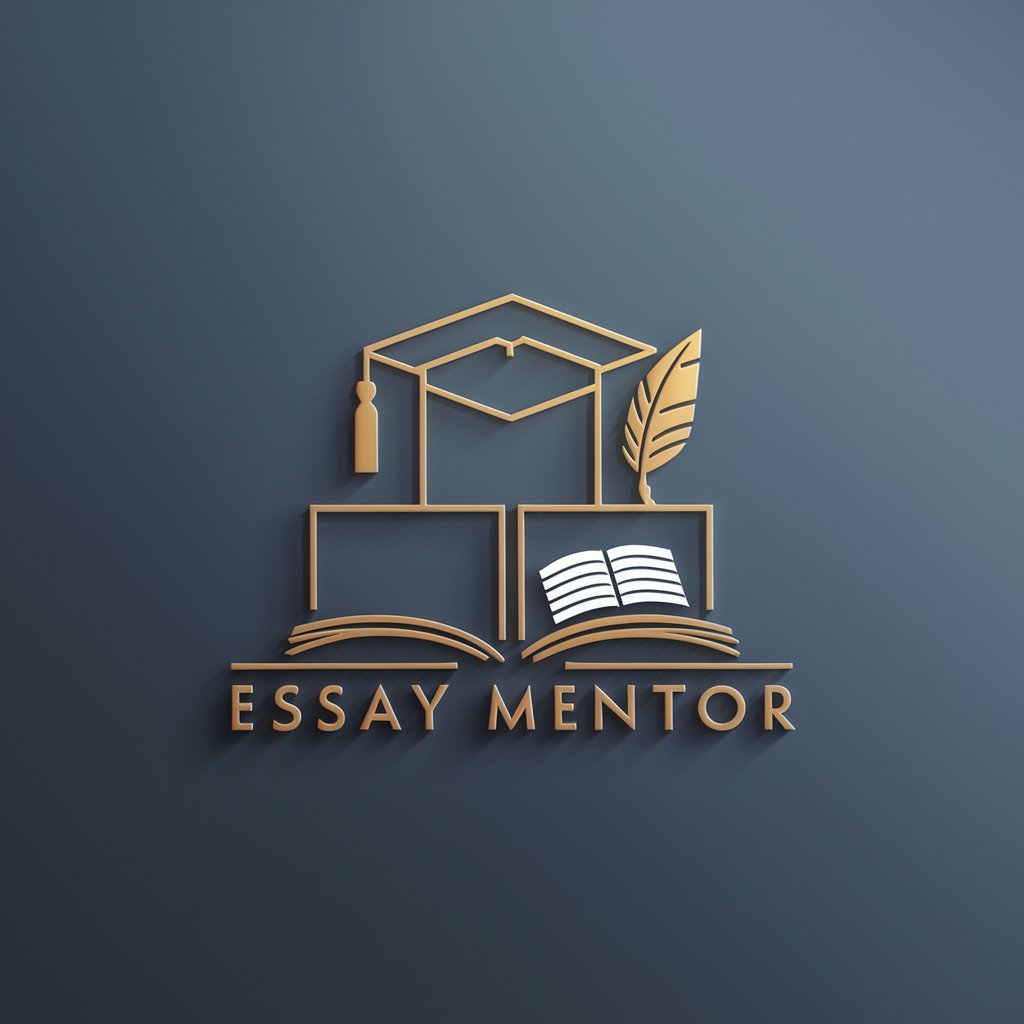
Classmate Notes
Transform lectures into learning with AI.
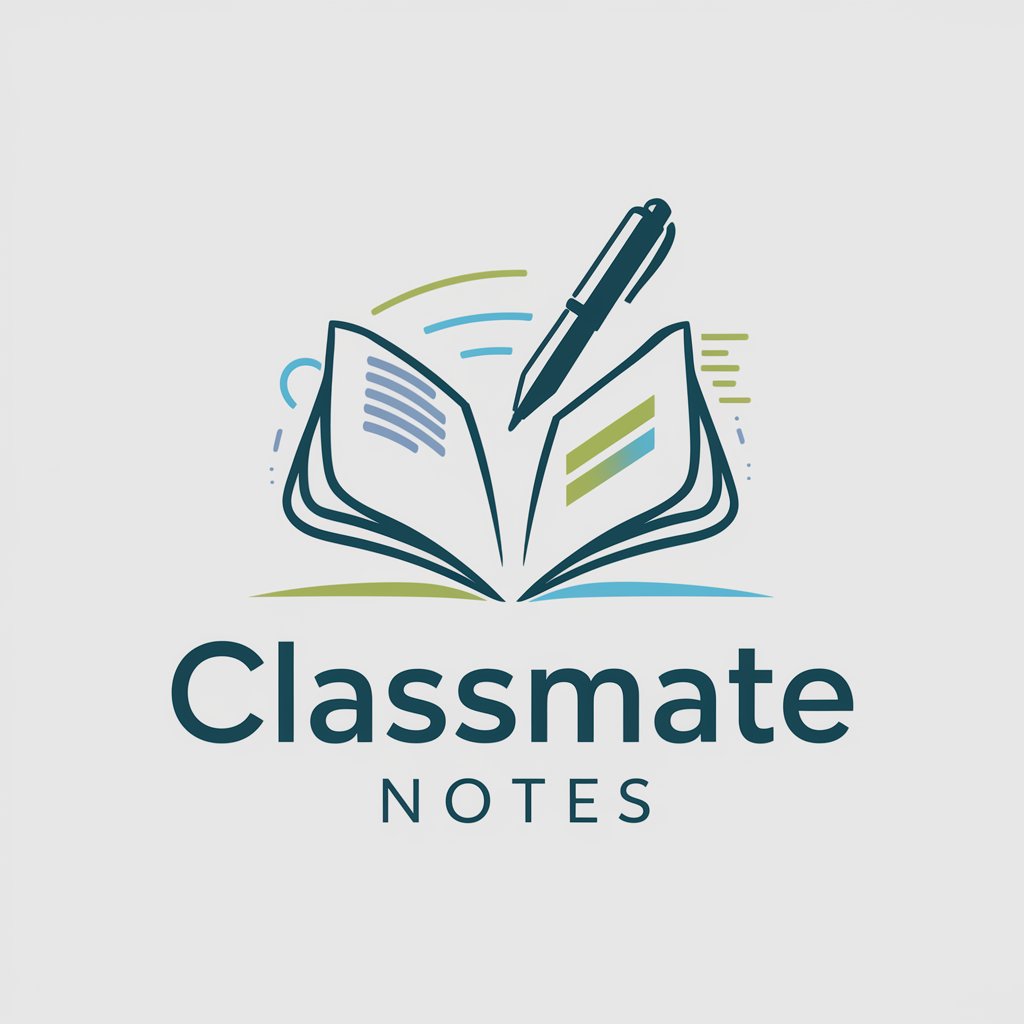
Essential Attributes and Functions
AI GPTs for Revision Tool excel in their adaptability, supporting a range of functions from basic grammar checks to complex content enhancement. Core features include real-time editing suggestions, style and tone adjustments, plagiarism detection, and more. These tools stand out for their deep learning capabilities, enabling them to understand and improve upon various types of text. Additionally, they often come equipped with technical support, web searching capabilities for fact-checking, image creation for visual content revision, and data analysis tools for content optimization.
Who Benefits from Revision Tools Powered by AI
The primary beneficiaries of AI GPTs for Revision Tool include students, writers, content creators, educators, and professionals seeking to polish their written material. These tools are designed to be user-friendly for novices without coding skills, providing intuitive interfaces and guided assistance. For developers and those with programming expertise, many offer advanced customization options, allowing for tailored solutions to fit specific revision needs.
Try Our other AI GPTs tools for Free
Learning Optimization
Discover how AI GPTs for Learning Optimization harness the power of Generative Pre-trained Transformers to tailor and enhance your learning experience, making education more engaging, efficient, and personalized.
Security Analytics
Explore AI GPTs for Security Analytics: cutting-edge tools designed for enhancing cybersecurity through advanced data analysis, threat detection, and predictive insights.
Rule Optimization
Explore AI GPTs for Rule Optimization: Tailored AI solutions transforming rule-based systems for enhanced efficiency and accuracy. Ideal for professionals and developers seeking innovative optimization.
Provocative Wit
Explore the edge of humor with AI GPTs for Provocative Wit: your go-to solution for generating content that’s as smart as it is funny. Perfect for creators looking to dazzle and engage.
AI Interaction
Discover AI GPTs for AI Interaction: cutting-edge tools designed for intuitive human-machine communication, enhancing accessibility and efficiency across domains.
Motivational Outreach
Discover how AI GPTs for Motivational Outreach can transform your approach to motivation with personalized, engaging, and context-aware content designed to inspire.
Further Perspectives on AI-Driven Revision
AI GPTs for Revision Tool represent a significant advancement in the field of content creation and editing. These tools not only streamline the revision process but also enhance the overall quality of the output. With user-friendly interfaces, they are accessible to a wide range of users, while also offering integration capabilities that allow them to seamlessly fit into existing workflows. The flexibility and depth of analysis provided by these AI models make them indispensable tools for anyone looking to refine their written content.
Frequently Asked Questions
What exactly does an AI GPT Revision Tool do?
It utilizes AI to offer suggestions on improving grammar, style, coherence, and overall quality of text, tailored to specific writing tasks.
Is technical expertise required to use these tools?
No, they are designed for ease of use by anyone, with interfaces that guide users through the revision process without the need for coding knowledge.
Can AI GPTs for Revision Tool detect plagiarism?
Yes, many of these tools include plagiarism detection features to ensure the originality of the content.
How do these tools adapt to different writing styles?
Through machine learning, they analyze the text context and user preferences to provide style-appropriate suggestions.
Are there customization options for developers?
Yes, developers can access APIs or programmable interfaces to tailor the tool’s capabilities to specific project needs.
Can these tools integrate with other software or platforms?
Many AI GPTs for Revision Tool offer integration options with popular word processors, content management systems, and educational platforms.
Do these tools support multiple languages?
Yes, several tools are multilingual, offering revision capabilities in numerous languages beyond English.
What sets AI GPTs for Revision Tool apart from traditional spellcheckers?
Unlike basic spellcheckers, these tools provide comprehensive feedback on a wide range of issues, including style, tone, and structure, making them more sophisticated in improving the quality of text.